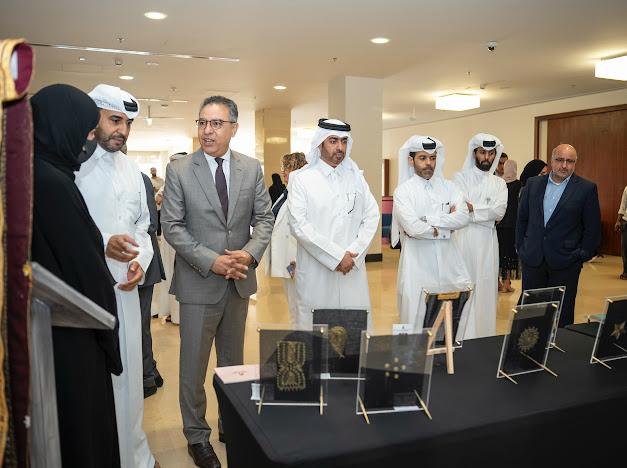
MSDF holds seminar on Qatar-Morocco cultural relations
The Ministry of Social Development and Family (MSDF), represented by the Family Empowerment Department, organised a seminar on ‘Qatar and Morocco: Reality and Prospects’.
The event was held within Qatar-Morocco 2024 Year Cultural in cooperation with the Qatar Museums Authority, the Years of Culture Committee and the Doha Institute for Graduate Studies at the Institute's headquarters.
In her inaugural speech, Dean of the School of Social Sciences and Humanities at Doha Institute for Graduate Studies Dr. Amal Ghazal, highlighted the fruitful cooperation with the Ministry of Social Development and Family and the Ambassador of tMorocco to Qatar H E Mohamed Setri.
She noted the importance of the role of academics in deepening understanding of Qatari-Moroccan relations, stressing that this seminar represents an important step to strengthen relations between the two countries and embody a unique model of Arab cooperation.
The seminar was distinguished by the participation of a number of researchers who presented various papers that focused on the social and humanitarian aspects of the friendship between the Qatari and Moroccan peoples.
The papers also reviewed the experiences of Moroccan expatriates in Qatar and the impact of this experience on their lives, in addition to exchanging experiences between Qatari citizens who resided in or visited Morocco, which enriched aspects of cultural and social understanding between the two countries.
During the seminar, Ismail Attia, a graduate of the Institute’s History Program, presented a paper entitled “History of Moroccan Qatari Relations,” in which he reviewed the development of these relations through the various stages, which witnessed gradual growth and tangible development.
Assistant professor at the Doha Institute for Graduate Studies Abdelkarim Amengay presented a study on the strength of Qatari Moroccan political relations and their mutual support on fateful issues reviewing examples of each country’s support for the other in international forums.
Yasmine Lahnin, a student in the Political Science and International Relations programme, shed light on ‘Qatari Moroccan Economic Cooperation: Qatari Investments in Morocco as a Model,’ where she explained the impact of Qatari investments on economic development in Morocco, and touched on the importance of joint projects as a bridge for economic cooperation.
For his part, Adel Fawzi, a student in the Media Studies Programme, addressed ‘Moroccan Presence in Qatari Media’, explaining that media cooperation between Qatar and Morocco dates back to the first media agreement concluded in 1981, which aimed to enhance understanding and brotherhood between the two peoples through joint media programmes that strengthened cultural ties and contributed to consolidating bilateral relations.
The seminar concluded with a speech by Mohamed Ali Al-Khayarin, on ‘The Human Dimension in Qatari Moroccan Friendship,’ in which he highlighted the common values that unite the Moroccan and Qatari peoples.
He explained that shared values and traditions create a solid foundation for a human relationship that transcends geographical borders, and Qatar-Morocco 2024 Year of Cultural contributes enhanced cultural and social cooperation between the two peoples.
An associated exhibition was held for showcasing pieces of traditional fashion that reflect the culture and heritage of the two brotherly peoples.
Director of the Family Empowerment Department Fatima Al Nuaimi, said: “The Ministry’s participation in the activities of the Qatar-Morocco 2024 Year of Cultural represents the importance of highlighting the spirit of cooperation between the two countries in broad areas, including cultural and social cooperation.”
She added: “It confirms the integration of the fraternal relations that link the two brotherly countries. The exhibition is an opportunity to highlight the spirit of Qatari and Moroccan culture and gives visitors the opportunity to learn about the culture of the two countries through various products.”
More News
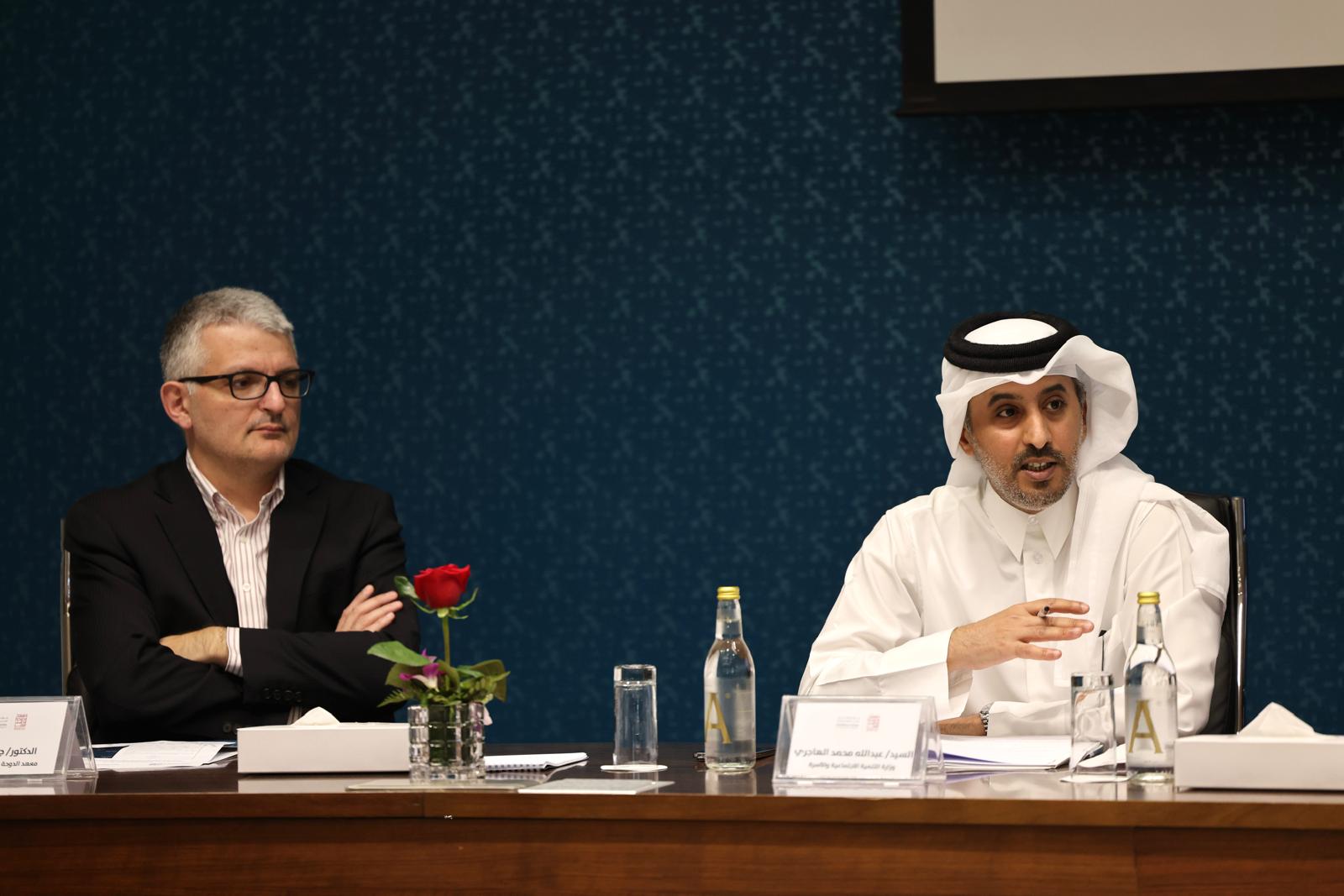
The Ministry of Social Development and Family—represented by the Private Associations and Institutions Department—in collaboration with the Excellence Center for Training and Consulting at the Doha Institute for Graduate Studies, organized a specialized panel discussion titled "Private Associations and Institutions in Qatar: Reality and Aspirations in Light of Qatar National Vision 2030."
Read more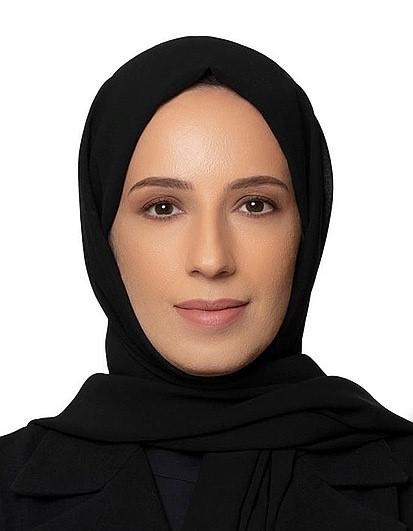
HE Minister of Social Development and Family, Buthaina bint Ali Al Jabr Al Nuaimi, participated in the 45th session of the Arab women committee, chaired by the State of Qatar, held on Feb. 10–11, 2026, which was held virtually, with the participation of Their Excellencies ministers from Arab countries, as well as representatives of the General Secretariat of the League of Arab States and relevant organizations.
Read more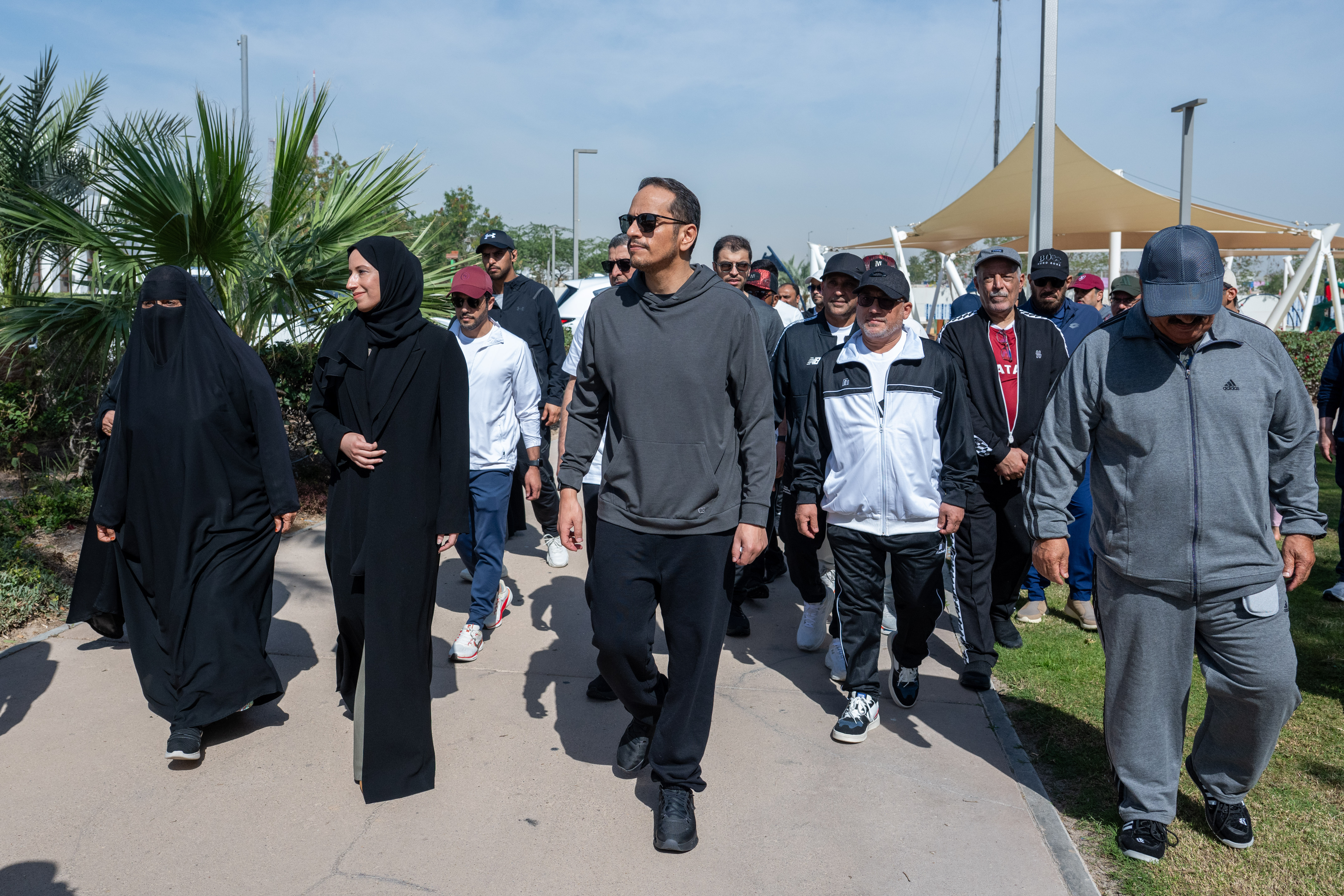
His Excellency Sheikh Mohammed bin Abdulrahman bin Jassim Al Thani, Prime Minister and Minister of Foreign Affairs, attended the 2026 National Sport Day activities organized by the Ministry of Social Development and Family (MSDF), the Qatar Foundation for Social Work (QFSW), and its affiliated centers at Al Bidda Park.
Read more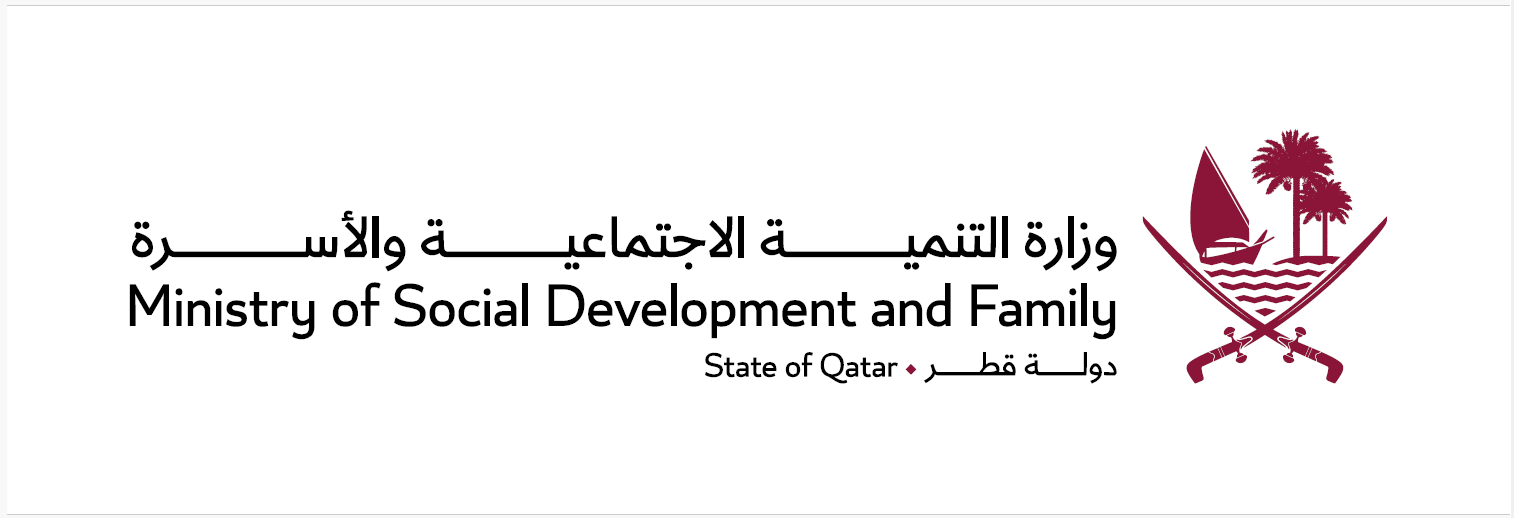
The Ministry of Social Development and Family, represented by the Family Protection Section of the Social Protection Department, is set to launch the "Gharsa Program" in collaboration with the Department of Da'wah and Religious Guidance at the Ministry of Endowments and Islamic Affairs. The inaugural event will take place on Sunday, February 8, 2026, at the Women’s Activity Building of the Department of Da'wah, from 4:00 PM to 6:00 PM.
Read more